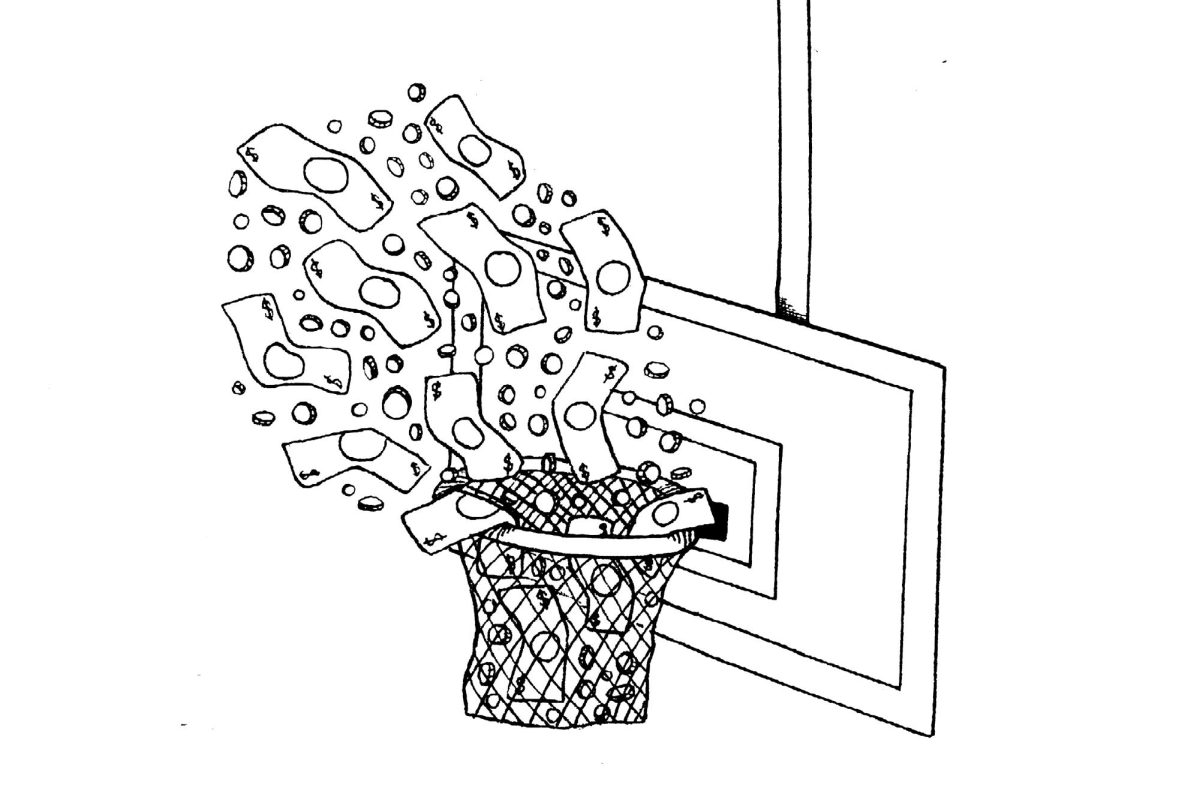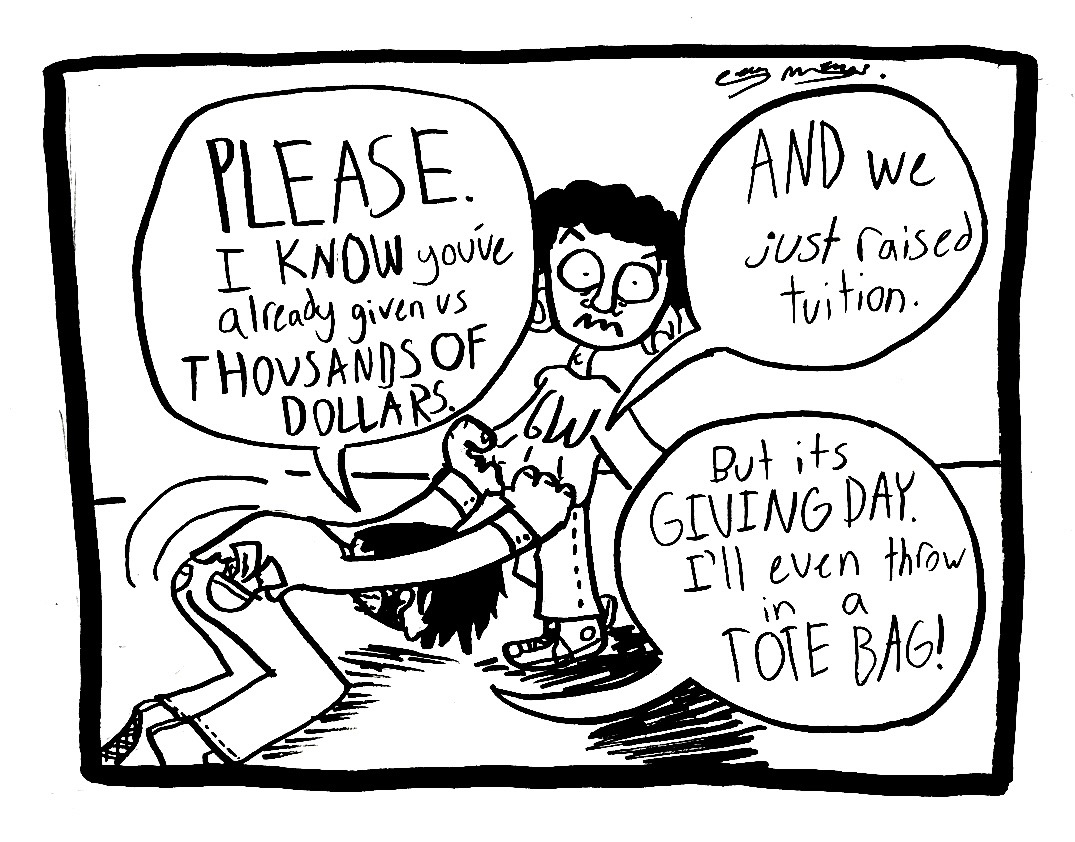One year into my political science major at GW, I started to wonder whether it was for me. I found the coursework interesting yet impractical – heavy on theory, light on real-world usefulness. Most class discussions ended up getting derailed by the news of the day, with the topic veering from democratic backsliding to the Democratic primary. It seemed to freshman-year Andrew like a basic or unoriginal course of study.
Now, approaching graduation and with the benefit of hindsight, I want to say some words in defense of the major whose utility I once questioned.
Students at GW seem to use the political science major less as an avenue for the intellectual pursuit of the theory and social science behind politics, and more as a vehicle for the experiences they have outside of the classroom – and that’s okay. It allows students who are interested in politics to complement their studies with real-world experience without having to spend every waking second juggling coursework in a way most other majors do not permit.
Now, that’s not to say everybody who majors in political science is in it just to check the box of studying something, coasting through classes and placing their real focus on what they’re doing outside of their courses. But there are plenty who do. My point is not to say that that’s bad, but that it’s actually a good thing.
Sure, the main point of college is to immerse yourself in a chosen course of study. The finger-wagging, focus-on-your-studies trope is one that most college students are familiar with, but also one that neglects the fact that there’s so much more to college than just what you learn in class. In fact, if all you do at GW is shuffle between your room, your classes and the library, you’re missing out.
Attending college, and especially attending GW, unlocks a whole world of new opportunities that are available uniquely to college students – securing Hillternships, interning for NGOs, working for advocacy groups, volunteering and so many more experiences unique to D.C. A lighter course load lets students have the flexibility to fill up the rest of their schedule with extracurricular activities on campus or with work off-campus – time that students might otherwise have spent in the library poring over textbooks.
GW clearly knows this, too – in fall 2020, the Columbian College of Arts and Sciences reduced the number of major-specific credits for a bachelor’s degree in political science from 57 to 33 – nearly halving the number of classes students had to take. Only requiring 11 nongeneral education classes for a major is incredibly low – for context, a major in political communication requires 19 classes, and a major in economics requires 14 classes. In fact, it is almost impossible to graduate with a degree in political science without adding on another major or receiving internship credit – GW requires 120 total credits to get a degree.
The fact that it is not even possible to just study political science on its own validates that the program is only one part of a well-rounded first step into politics and policy. Clearly, the University is doing something right, as are the thousands of students who have availed themselves of the unspoken compact of taking on a less rigorous courseload in exchange for garnering real-life experience in their intended field.
There was an extent to which I expected college to be a staid, bookish endeavor – not bifurcating my time between cracking the books and hopping on the Metro to go to a political rally with a student advocacy organization. All of this is why I was somewhat taken aback by the political science curriculum and political science students when I first got to GW. Once I realized that that was the whole point, the true value of the political science major became clear to me – and I’ll graduate with more knowledge under my belt as a result.
Andrew Sugrue, a senior majoring in political communication and political science, is the opinions editor.



